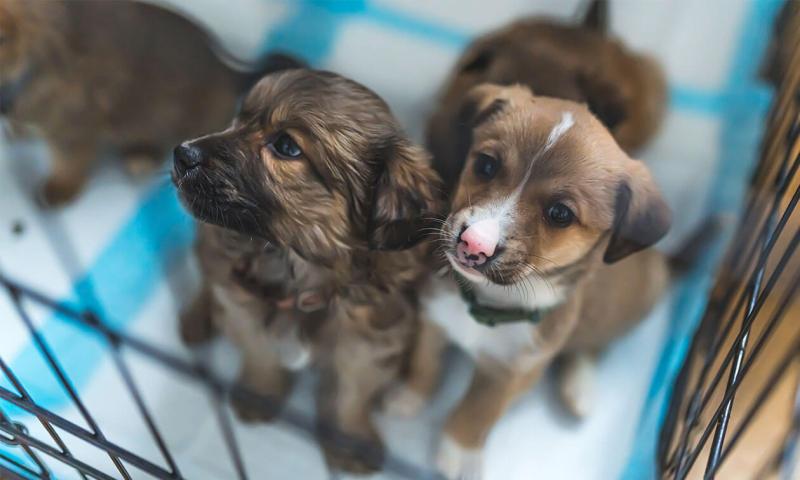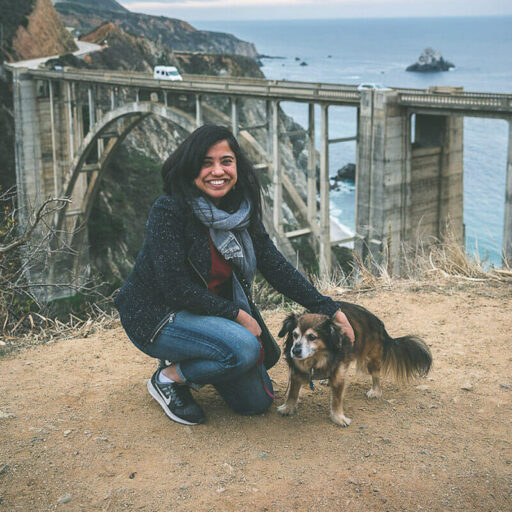Can My Puppy Get Parvo If Vaccinated – If you’ve never seen parvovirus in a dog, you’re in luck. Parvovirus is a serious, debilitating disease that spreads quickly, often through puppies. Prevention of parvovirus is important because treatment for parvovirus is expensive and not always successful. So how can parvovirus be prevented in puppies and dogs? How to Prevent Canine Parvovirus From vaccinations to hygiene and careful coordination, here are 8 important tips to help you prevent canine parvovirus: 1. Have your puppy vaccinated against canine parvovirus by your vet, the best way is to vaccinate regularly. It’s time. It is highly contagious and can be spread through contact with feces or vomit from an infected dog. Puppies are more prone to viral infections, so it is important to follow a strict vaccination schedule. Buying the vaccine from a store can be a cheaper option, but it comes with a big problem: the vaccine depends on refrigeration to stay effective. Any temperature changes caused by the cooler stopping to work or being left in transit for too long can render the vaccine ineffective and expose you to parvovirus. Your vet will carefully monitor the temperature of all vaccines – something you can’t guarantee from the store. It is always good to know that the vaccine is administered correctly, as accidentally injecting the vaccine into the air or feathers can render it ineffective. Save the date and vaccinate your pet at home Secure your pet’s health without going to the vet. Preventive care is safe and hassle-free. Make an appointment 2. Buy a vaccinated puppy from a reputable breeder Puppies can be vaccinated against parvovirus at 6 weeks of age. World Good breeders will also take care that their puppies grow up healthy – when raised in poor and dirty conditions you are more likely to have a dog with parvovirus. 3. Cleaning and Disinfection If your home has been infected with parvovirus within the past 5 years, or you have a dog with unknown vaccination status (ie, a rental home), you should clean and disinfect as much as possible. Parvovirus can live in soil, bedding and carpet for a long time – so make sure everything is thoroughly cleaned. If possible, use anti-parvovirus vaccine. 4. Follow a Veterinarian-Approved Vaccination Schedule To be considered fully vaccinated against parvovirus, your dog must receive parvovirus shots every 2 to 4 weeks as well as an annual booster vaccine until 16 weeks of age. After that, they only need booster shots every 3 years. Ask your vet to check your dog’s vaccination records to see what steps need to be taken to keep your pup up to date. 5. Take your kids with you when you go out. Parvovirus survives in the environment for a long time, so your dog can still be infected even if you don’t see signs of feces. Carrying your baby keeps them safe and allows them to adjust to our noisy modern lives. 6. Choose your walks wisely Even if your dog is not fully vaccinated you should choose your walks wisely. Avoid areas with many other dogs, such as dog parks. It is best to take your dog to a quiet area free of strange dogs or an indoor area that is well cleaned between users. It is also safe to walk below the high tide line on calm beaches. 7. Do not let your dog meet new dogs, which is important for their socialization. However, these dogs should be dogs that have been fully vaccinated against parvovirus and have no symptoms, such as a friend or family member’s dog. Don’t expect strangers to honestly tell them their dog isn’t feeling well — whether they’re distracted by your dog or don’t know their dog is sick, dangerous interactions can begin before you even realize there’s a problem. While you’re at it, don’t greet strange dogs either. Although you can’t catch parvovirus, you can bring it home and give it to your dog on your hands and clothes. 8. Keep your children healthy Parvovirus is more dangerous for your dog when your dog has other illnesses because the immune system is too busy fighting it. Keep your dog healthy by vaccinating, following the recommended deworming regimen, and treating any illness or injury immediately. Providing a complete and balanced diet appropriate for your dog’s life stage provides all the nutrients they need for growth. Related Reading: What? How long are puppies infected with parvovirus infection? Frequently Asked Questions Can vaccinated dogs have parvovirus? Vaccinated dogs are less likely to carry or spread parvovirus. If they have been in contact with a dog with parvovirus, it is less likely that they will have parvovirus in their fur or in the dirt on their paws. However, this situation is extremely rare. It is generally considered safe to let your puppy interact with dogs that have been fully vaccinated against parvovirus. what Can puppies get parvovirus from grass? Yes, if a dog with parvovirus licks grass, puppies can get parvovirus from the grass. Parvovirus can survive in grass for a long time, so the virus may be present even if you don’t see any droppings. what Can my dog get parvovirus from my backyard? If you’ve had a dog that previously died of parvovirus or you haven’t lived indoors for a long time, your puppy may have contracted parvovirus in your backyard. It is also possible for parvovirus to enter your yard from outside streets. If this private area is not accessible to other dogs, it is a good idea to thoroughly clean and disinfect the entire yard before the dog enters. Conclusion The good news is that there are many ways to prevent parvovirus in dogs. You can work with your vet to make sure your puppy is in good health. This means staying on schedule with your vaccinations, being wary of unfamiliar dogs and watching where you’re walking.
PhD. Joshua Montgomery is an experienced veterinarian in the Seattle, Washington area. He received his Doctor of Veterinary Medicine (DVM) degree from Ross University School of Veterinary Medicine in 2007 and has over 16 years of experience treating animals. Her specialty is educating pet owners about common health issues and providing pet care options to help them choose the right care plan for their pet.
Can My Puppy Get Parvo If Vaccinated

As a puppy parent, you may be wondering how long you can leave your pup alone…
Parvovirus: Causes, Symptoms, Treatment & Prevention
As the weather warms, it’s time to discuss an important topic for pet owners: when…
Our pets are much loved members of the family and we are eager to do whatever it takes to raise them…and what’s better than a puppy? That’s right: your own puppy. So, what do you need to know before taking care of a pet?
Welcome to the small world. Now it’s all about growing your dog, so there’s a lot to prepare for.
Your dog is ready to come home and turn your world upside down. Now is the time to put your preparation into action – remember to give it your all!
Parvo And Monoclonal Treatments For Puppies
You are entering a period of rapid growth, lots of learning and new experiences. Bring on a play date with the big world!
Your fur baby is coming of age. Do you see their self-consciousness coming? Sigh…they grow up so fast don’t they?
Your puppy is a year old and may not be young anymore. Make sure to book your first annual check-up with them.

Your dog is now one of the strongest members of the family. Enjoy the bond you share now in this special phase.
The Facts About Canine Parvovirus
Your dog is now an adult. They understand that their place is their home and the wider world.
Like most seniors, senior dogs have additional needs. Learn to care for your best friend and support his health as he ages.
So, now that your puppy has settled into your home, how do you ensure that your new puppy has the best possible protection against preventable infectious diseases? Fortunately, we now have excellent dog vaccines that can help protect them from these dangerous infections.
You can follow these simple guidelines to give your dog the best chance of staying safe into adulthood. Vaccination guidelines vary depending on the animal’s habitat and different regions of Australia. The regimen may also vary depending on the specific vaccines your vet stocks. Here is what I use in practice:
Ways To Help A Puppy With Parvovirus: Treatment And Care
The first vaccine for dogs was a three-in-one vaccine called C3, which covers

